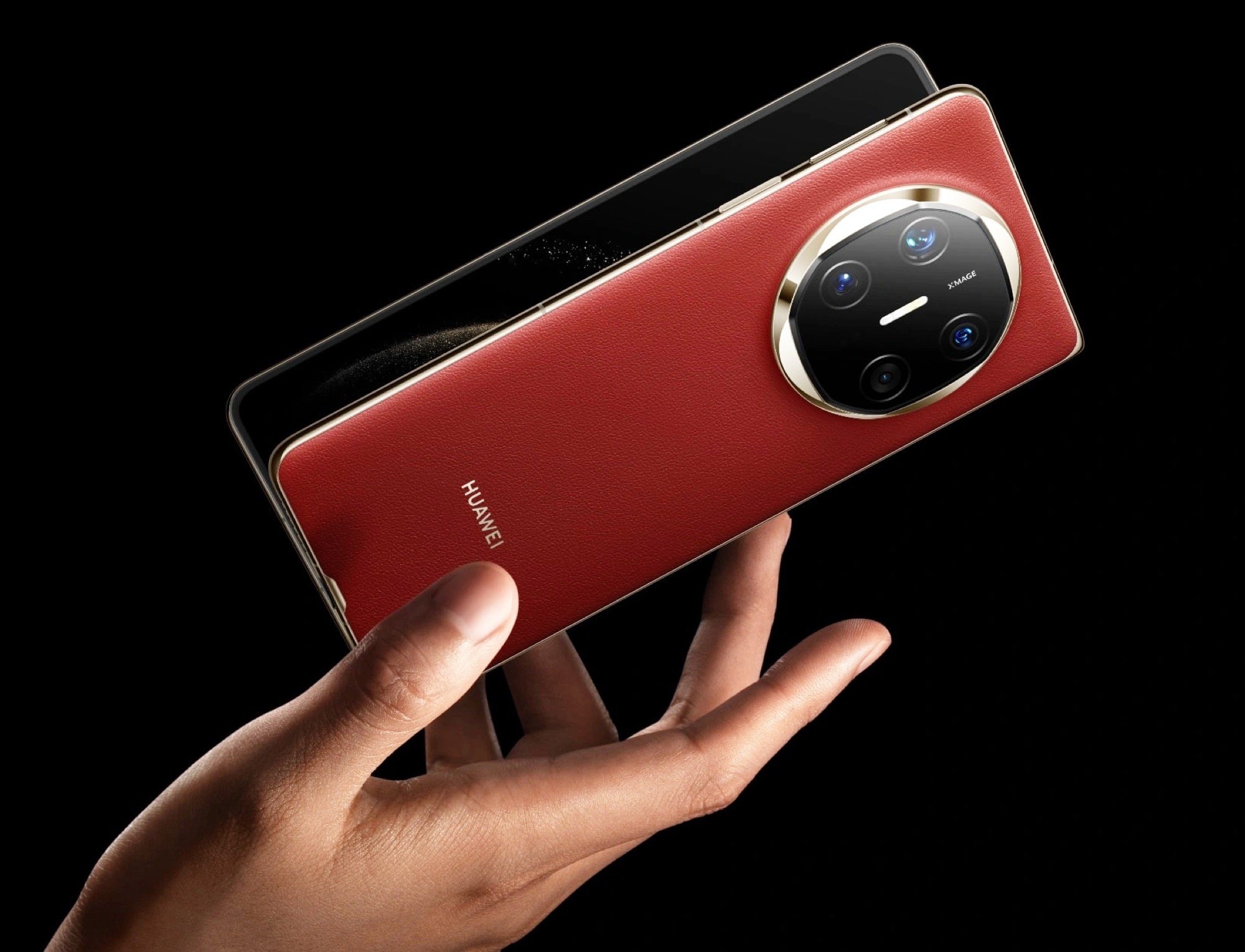TECH

Europe may move forward by blocking 5G technology from China, making the toolbox mandatory
Huawei and ZTE will be targeted by new security measures from the European Commission, according to a new report that mentions Commissioner Henna Virkkunen's contacts with member states to implement the 5G toolbox.
The news comes from Bloomberg and says that the vice president and commissioner for technological sovereignty and security has asked member states to "stop using high-risk manufacturers in mobile networks."
Sources close to the matter say that Commissioner Henna Virkkunen wants to transform the recommendations of the 5G Toolbox, defined in 2020, into a legal requirement, limiting the use of Chinese technology from companies like Huawei or ZTE.
The proposal would force member states to align their strategies with European definitions, which until now were only recommendations. Those who do not adopt these new rules may face infringement proceedings and financial penalties. Some countries, and also telecommunications operators, have already adopted measures to remove equipment from Chinese brands from their network.
According to the information shared, these measures may apply not only to mobile networks but also to fiber optic networks, being a condition for the use of funds in infrastructure development.
In a statement, the European Commission stressed that network security is crucial for the economy. "The Commission urges Member States that have not yet implemented the 5G toolkit to also adopt relevant measures to address risks effectively and quickly." “The lack of swift action exposes the EU as a whole to obvious risk,” the same source states.
The European executive is concerned about the non-linear approach of European countries to the adoption of the toolbox. Sweden and the United Kingdom have already banned Huawei and ZTE, but others have continued to use the technology, such as Spain and Greece. In Portugal, operators have been reducing the use of the technology in their networks.
In April, Agne Vaiciukeviciute, a researcher at the Consumer Choice Center Europe, published an article in The Brussels Times, where she harshly criticizes the lack of stronger action from the European Commission in this area, capable of standardizing the policies of each country on this issue and focusing strategies more on user security than on economic or political priorities, as is still the case today.
Commissioner Henna Virkkunen is in Portugal for the Web Summit and yesterday visited the Deucalion supercomputer, installed on the Azurém campus of the University of Minho (UMinho), in Guimarães. Today she will be on the main stage of the summit taking place in Lisbon for the Europe’s tech session. sovereignty: Powering startups and innovation, at 4:40 PM (Portugal time)
mundophone
No comments:
Post a Comment